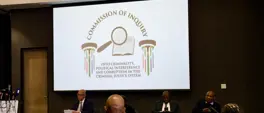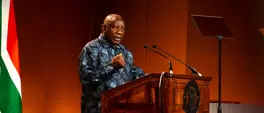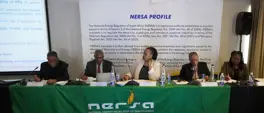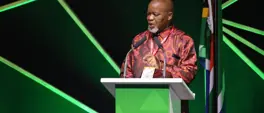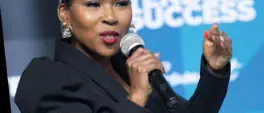G20 report flags global 'inequality emergency': Increase is policy-driven and governments can reverse it, says panel member
Paula Luckhoff
5 November 2025 | 18:01The report was prepared ahead of the Leaders’ Summit in Joburg later this month by the G20 Extraordinary Committee of Independent Experts on Global Inequality.
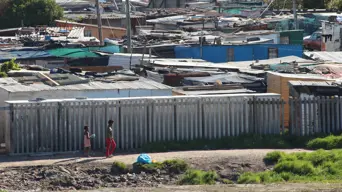
A view of Valhalla Park in Cape Town. Image: Wikimedia Commons/DFID - UK Department for International Development
A G20 report prepared ahead of the Leaders’ Summit to be held in Johannesburg later this month, warns of a global 'inequality emergency'.
Speaking at the handover of the report, President Cyril Ramaphosa described it as a blueprint for greater equality, which supports the goal of South Africa’s G20 Presidency to put inequality on the international agenda.
Drawn up by the G20 Extraordinary Committee of Independent Experts on Global Inequality the report highlights the state of wealth and income inequality, their impacts on growth, poverty, and multilateralism, and presents effective solutions for leaders.
It finds that the richest 1% of the world have seen their average wealth increase by $1.3 million since 2000, while someone in the poorest half of humanity saw their wealth increase by an average of just $585 over the same period.
Nationally, 83% of countries have high income inequality (using the World Bank definition) - these countries account for 90% of the world’s population.
Stephen Grootes discusses the findings with Jayati Ghosh, a member of the Committee and professor of economics at the University of Massachusetts Amherst (UMass Amherst).
While reforms unleashed economic growth in some regions during this period, Professor Ghosh says, in large parts of the world you'll find that people are not much better off.
"Also in many countries where per capita income has been increasing you find that average wages have not increased, and many people are actually living in greater conditions of insecurity."
She cites the much-used example of China as an extreme case of this dramatic increase in growth and poverty reduction.
One of the key findings of the report is that not only are the people at the bottom not necessarily becoming better off, but that the extreme concentration of wealth and incomes at the top leads to extreme concentrations of power.
"That has very bad consequences because it allows the powerful to influence regulations, legislation and policies in their favour. This worsens inequalities and THAT is then what also creates frustration, alienation, resentment and the kinds of social and political instabilities that we are seeing across the world."
While the COVID pandemic and the rise of the tech economy are factors influencing this trend in the past few years, the major drivers of inequailty really are the policies and regulations unleashed by governments from about the mid-1980s, Prof. Ghosh says.
The massive increase in inequality is not something inevitable, but a political choice, she emphasizes.
"It's not just the outcome of technological change or anything like that - it's policy-driven and regulatory practice-driven, and therefore it can be undone by governments."
To listen to this important conversation, scroll back up to the audio player
Get the whole picture 💡
Take a look at the topic timeline for all related articles.
